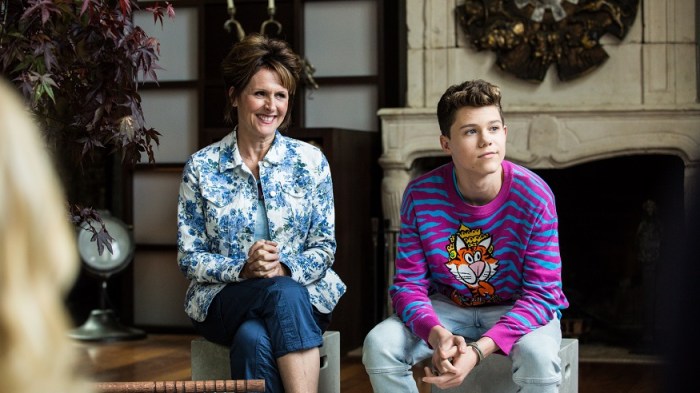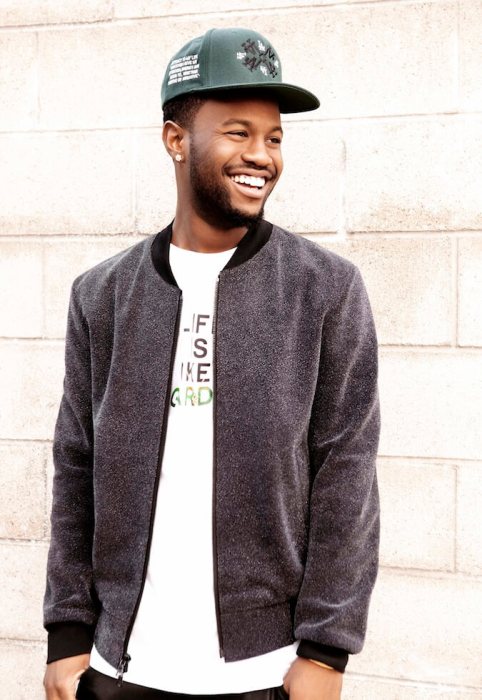Freida Pinto’s new film is an inspiring if not a happy one: She plays a member of a secret dance troupe in Iran who stage a performance, knowing that if authorities catch wind they will imprison them or worse. But the “Slumdog Millionaire” actress is a warm and talkative person, and conversation freely moves from a heady subject to acting to her other movies, including Woody Allen’s “You Will Meet a Tall Dark Stranger” and “Knight of Cups,” the forthcoming Terrence Malick film for which she miraculously made the final cut. As someone making a film about what’s been going on in Iran over the last handful of years, are you expected to be an expert?
Some of the questions I get I just say, “I’m an actor… [Laughs] Don’t expect political responses.” But what is brilliant about what we can do as actors is we can tell human stories. I’m sure CNN, the BBC and so on are doing great versions of the political stories. That’s not what we’re here to do. What gets lost sometimes is the opportunity to really listen to people, and to listen to their individual stories. We can’t tell everyone’s stories, but we can tell one man’s story — in this case, one man’s struggle to find a medium to express himself and not be punished or imprisoned or killed for it. The story drove you, but what was it about Elaheh, your character, that intrigued you?
Her extremes are partly very relatable to me. I always swing from zero to 100, in a second. For her, and for me, it’s passion as well as fear: What if I’m not able to do this ever again? I feel so much pleasure acting right now that it scares me that I’ll never feel this way again. So you let yourself go and think, ‘I don’t want to feel it. I want to escape it.’ The more I watch this film I keep finding new things about her. She keeps revealing new sides to me. How much of that comes from when you’re shooting it?
A lot of it comes from the reactions of your costars. You might be trying something and then they react differently than you expected, then you react differently to that. In a way it’s like dating: you don’t know the person very well, but you’re trying to get to know them. You wait for their reaction so you can react appropriately. You can’t sit in your room the night before and looking in the mirror and think, ‘This is how I’m going to do it.’ The unknown is so intriguing. And in dating part of you is acting anyway.
You’re completely acting! You’re completely performing! [Laughs] You can’t just be who you are. You have to play the game. There’s compromise, there’s sacrifice, which is healthy sacrifice. There’s ignoring things you don’t want to react to. That’s why actors who go on set and start acting are far less believable than actors who go on set and just are. Which one are you?
I’m the latter. I can get to set and just be the character. Woody Allen once said to me, “I don’t know what to tell actors.” [Laughs] He just goes on set and he lets us do what we want to do. He says, “You should know what you have to do and I shouldn’t be telling you what you have to do.” And if you don’t get fired you did a good job.
If you’ve made it to day three and you’re still on set you’re doing a good job. Finished films are a different deal. Sometimes you do a good job and you’re not in the finished film — as evidence in Terrence Malick films. [Laughs] I was going to ask you about that. [Ed. Unlike a lot of actors who shot his film, “Knight of Cups,” due later this year, Pinto officially made the final cut.]
That doesn’t have anything to do with your performance. That has everything to do with his vision and what develops out of the unknown for him. He comes onto the set with the same feeling of the unknown that we do. You should know “Desert Dancer” had an impact on the Terrence Malick film. I was prepping for “Desert Dancer” while the Terrence Malick film happened, and I was six months into my [dance] training. When you’re practicing six, seven hours a day, whatever you’re doing — even if you’re chopping onions or pouring a glass of water — you’ll find yourself practicing. Terrence did not know — Terry’s so lovely — he did not know I what I was going through with my character, and he found me stretching in between takes. And he started rolling the camera. I realized I had brought my dance world into this character, into this world.
Interview: Freida Pinto says acting is like dating

Getty Images
Follow Matt Prigge on Twitter @mattprigge


















